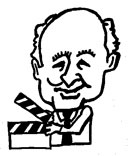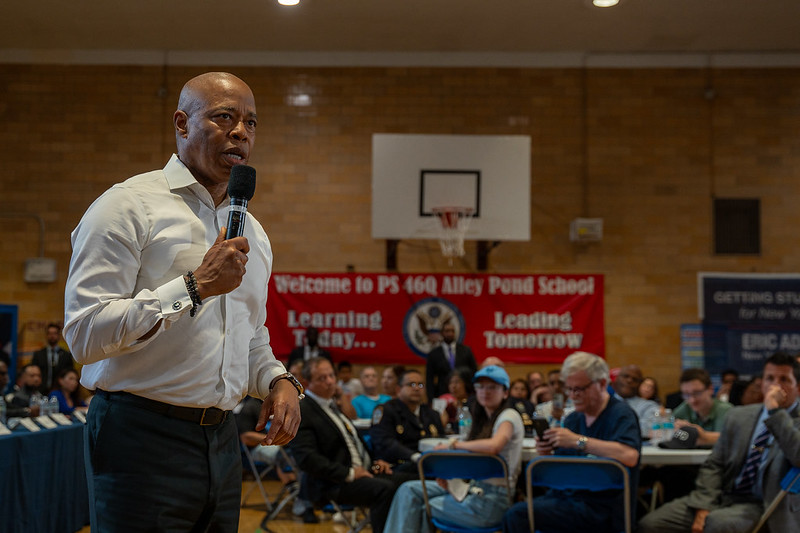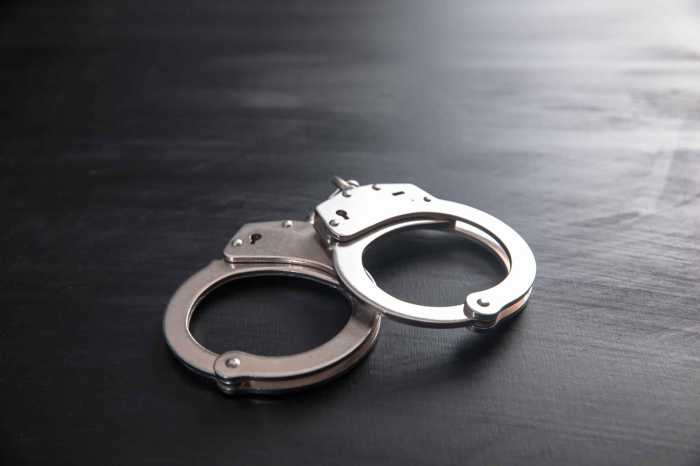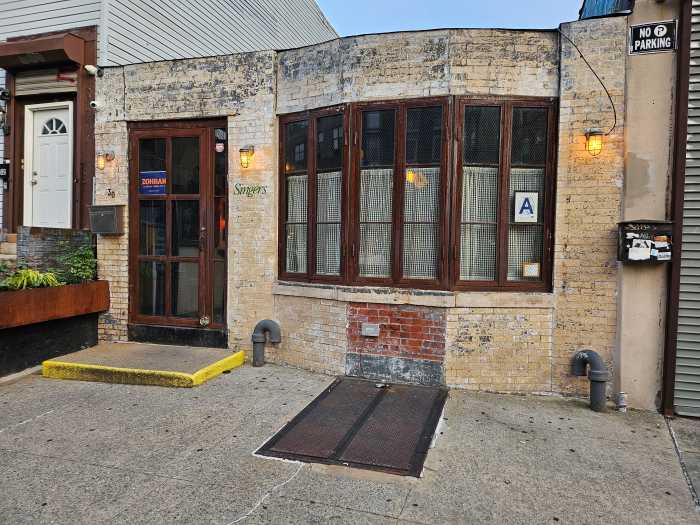By, Ed Koch
‘The Battle of Algiers’ (+)
The impact of this movie, first shown in 1965, is as powerful today as it was then.
The film depicts the struggle of the indigenous Arab people in the French colony of Algeria for independence from France which had occupied Algeria for more than 100 years. The European French lived in their part of the city of Algiers and the Arabs lived in the Casbah. In 1955, an uprising began throughout the country with its greatest strength in Algiers.
The film begins with the French army troops, under Colonel Mathieu (Jean Martin), surrounding the Casbah in search of the uprising’s leader. The remainder of the film covers all that occurred between the uprising and an incident in the Casbah about ten years later. During that ten-year period, the Arabs increased the pressure on the French with deliberate bombings and shootings of civilians. The French respond with raids, torture and retaliation.
It sounds like the current Intifada in the Israeli/Palestinian war that began in l948 when the State of Israel came into existence. As a supporter of the Jewish state and knowing that supporters of the Palestinian Authority have sought to identify the Algerian Arabs’ motives and actions with those of the Palestinians, I come to a different conclusion.
The Israeli Jews are not French colonists. They are the sons and daughters of the Jewish nation in the land of their forefathers and the city of Jerusalem in which they built the two temples: One by Solomon, which was destroyed by the Babylonians in 586 B.C., and the second by Herod, which was destroyed by the Romans in 70 A.D. Most Jews living in and outside of Israel support the two-state solution with the Jewish nation living in peace next to the Palestinian nation. Let’s all hope it will happen in our lifetimes.
Irrespective of how you feel about the current situation in the Mid East, I urge you to see this well-acted film. This gripping masterpiece has the feel of a documentary but is a brilliantly scripted movie. The film is in Italian with English subtitles.
“The Fog of War” (+)
The documentaries this year are overwhelmingly first rate, and this one about former United States Secretary of Defense Secretary, Robert S. McNamara, is one of the best.
I did not read McNamara’s 1995 book, “In Retrospect,” which received mixed reviews. Apparently, in that memoir, he admits having doubts about the Vietnam War which he did not provide during the war.
The documentary presents McNamara as an honest man and superb public servant. During World War II he served in Washington as a numbers man in the Department of Defense.
The U.S. Air Force fire bombing of Tokyo in World War II killed 100,000 people in one night and destroyed 51 percent of the city which consisted of mostly wooden structures. In the documentary, McNamara states that he now believes the bombings were wrong, and he talks of proportionality of response in war. I think he is wrong to have any regrets. Remember Pearl Harbor, the Bataan Death March and the Japanese brutality to Americans and other POWs? Whatever it took to win, including the atom bomb, made and continues to make good sense to me.
Of course, the Vietnam War is the centerpiece of this film. McNamara believed in the domino theory but no longer does. After the war, a Vietnamese top commander convinced him that it was a civil war and should not have been viewed as part of the U.S.-Soviet Cold War with surrogate military episodes. McNamara relays a lot of anecdotes in the film that are worth hearing, but he makes it clear that he has not told us everything nor does he intend to do so. It is not clear when he leaves the Johnson administration, whether it is at his initiative or Johnson’s. By then, he is for winding down U.S. involvement.
I left the theater respectful and admiring of McNamara and his service to the Untied States. Many on the far left attack him unjustly. I see him as a patriot and superb public servant. General Le May told McNamara, who shares the incident in his interview, that if the Japanese had won, the two of them would have been hung as war criminals. My mother always told me that it is always better to win than to lose, and in war much safer. Mom was right.
– Ed Koch
Reader Services

































